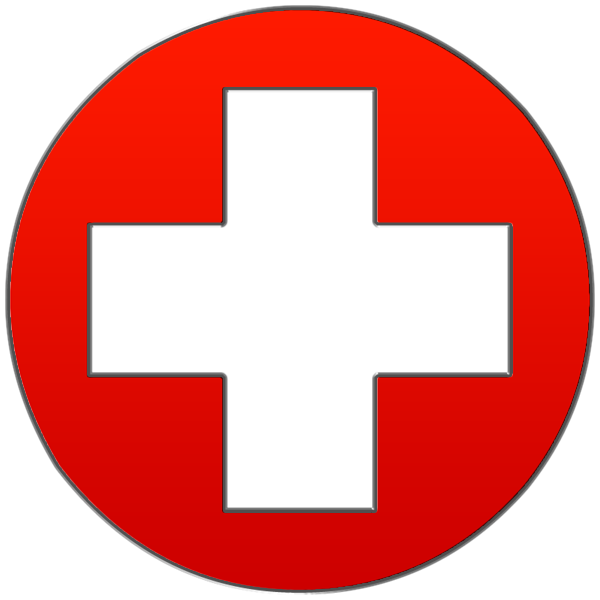If I get injured what is the first step to healing? When? What? Where?
Primary treatment for soft tissue injuries is RICE (rest, ice, compression and elevation).
If more severe see your GP.
Remember returning back to your sport too soon can increase your risk of re-injury or developing a chronic problem.



